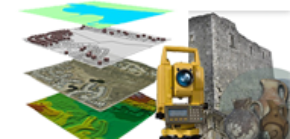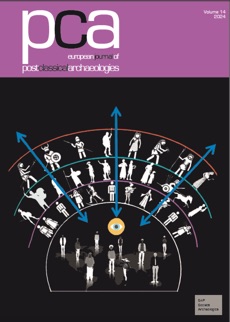Excavations at a Cambridge University development have revealed what archaeologists believe is Britain’s oldest-known Roman irrigation system.
Planting beds and pit wells were unearthed at the North West Cambridge site near Huntingdon Road. Chris Evans from the university’s archaeological unit said they dated from between 70 AD and 120 AD. It was an “unparalleled discovery” and “effectively the first irrigation system we’ve seen”, he said.
Excavations have so far uncovered evidence of settlements and habitation on the site from as early as the later Neolithic period, about 2800 BC to 2200 BC, to the Bronze Age, Iron Age, Roman period as well as more modern finds including World War II practice trenches.
‘New territory’
The team has been investigating how people through the ages adapted to living in an inland area away from main river valleys.
“Our findings have unearthed zebra-like stripes of Roman planting beds that are encircled on their higher northern side by more deep pit wells,” Mr Evans said. “The gully-defined planting beds were closely set and were probably grapevines or possibly asparagus.” During dry spells water would have been poured from the wells into the ditches to irrigate crops, he added.
“I’m not aware of an irrigation system of this kind before,” he said. “There has been evidence of gardens and wells, but the extent to which there are planting beds arranged in parallel and along a slope, connecting directly to a water source, is new territory. “It points to the sophisticated knowledge of hydrology and the introduction of horticulture the Romans had.”
Excavation is continuing at the 370-acre (150 hectares) planned development on Cambridge University farmland between Huntingdon Road, Madingley Road and the M11. The site is expected to include 3,000 homes and accommodation for 2,000 postgraduate students, together with research and community facilities.
bbc.com







